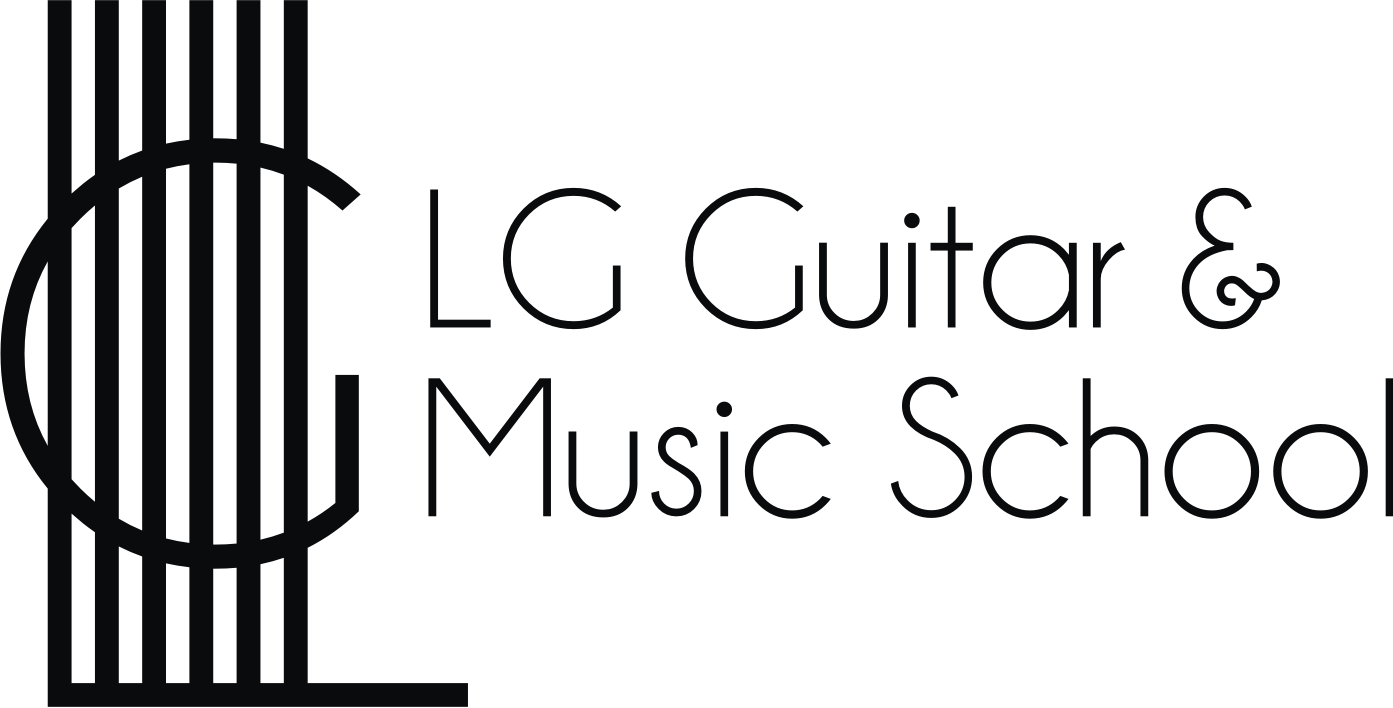Children & Practice
For children it can be a wonderful journey to learn how to play an instrument. As a parent you can play an essential role that will support the learning process. There are only a few important notes to consider:
1) Only very few children like to practice at home.
2) Don’t feel disappointed if your son or daughter doesn’t like to practice.
3) Almost all professional musicians start to practice seriously at the age of 16-18 years old (Conservatory age).
4) Consider music lessons between 6 and 16 years old like a great opportunity for your child to discover the magic world of melody, harmony and rhythm.
5) Don’t expect your child to play wonderfully after a few months/years and forget about the myth of the prodigy child.
6) Music lessons for children are like a sport for the brain, one lesson per week is a great mental activity.
7) Your child will be very excited during the first lessons, but very soon you will not see him/her so excited anymore because he/she will figure it out that to achieve results you need to work hard: this is the most important point of music education. It’s a gym for life.
8) All children love music, but almost all of them also experiment frustration practicing it.
9) Show to your child that you appreciate the fact that he/she plays an instrument, ask him/her every day to teach you something and show him/her that you are amazed about his/her skills, even if what you hear is noise and not music.
10) Children have a big fantasy and like repetitions. Be patient and strong as a parent, enter in their world.
11) Trust the power of music as an emotional experience; your child can follow years of music lessons without practising at home. He/She will learn the foundations of music and will be able to use it anytime during life and will be grateful for it.
12) Don’t compare the music skills of your child with those of other children, also a child that looks slow and not interested in music can become a music pioneer.

